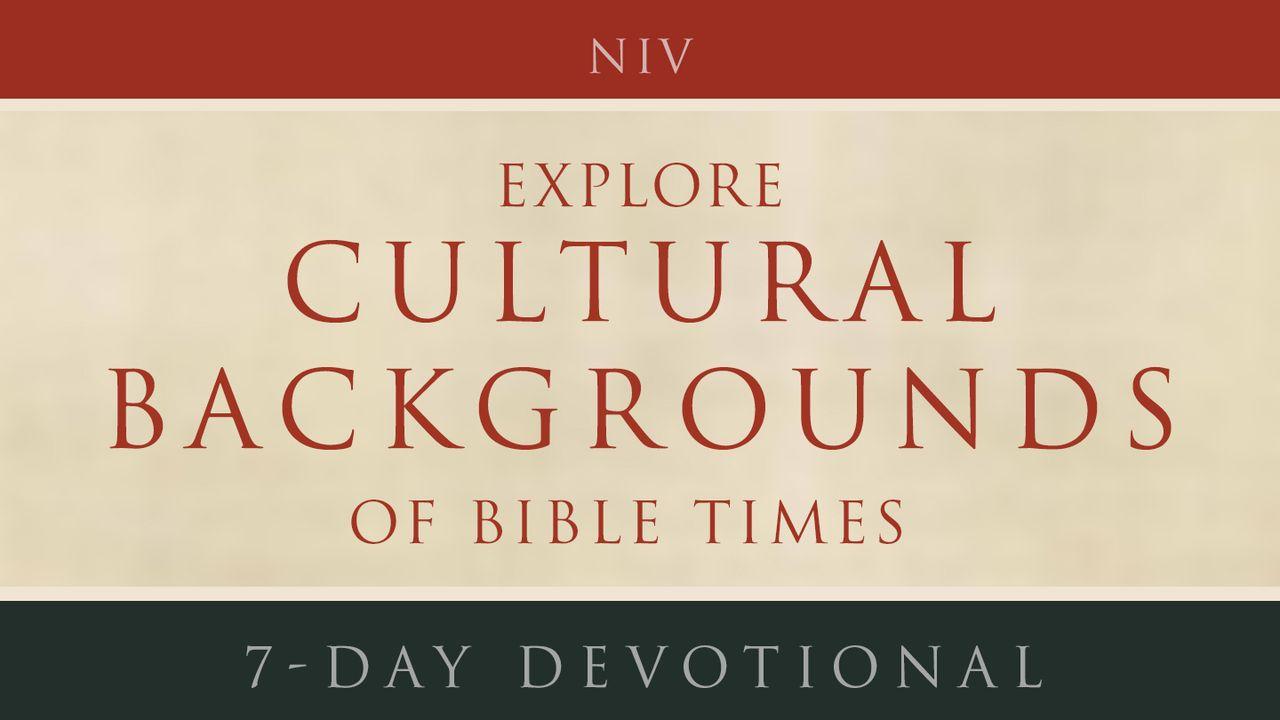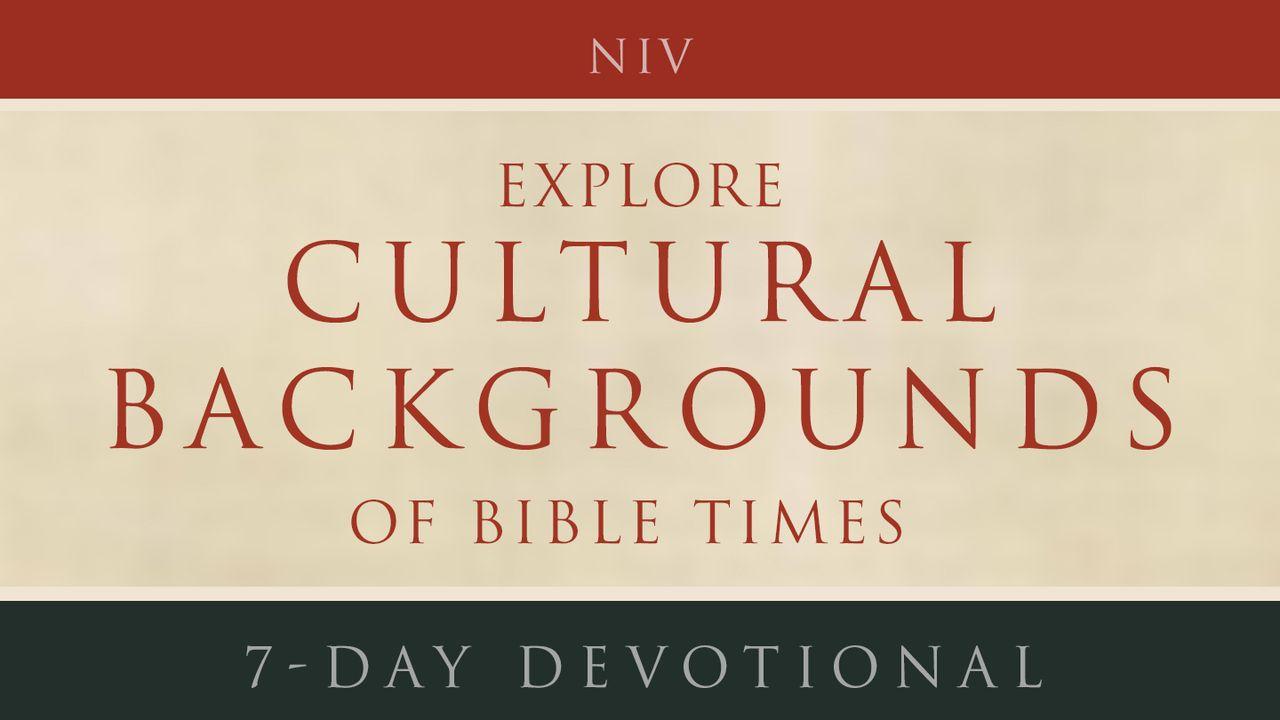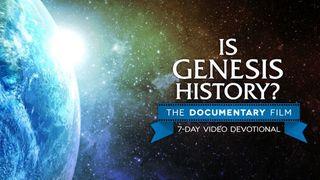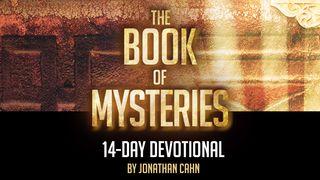Plan info
Explore Cultural Backgrounds Of Bible Times Sample

Magic in the New Testament
Magical practices claimed to draw on or manipulate nonhuman spiritual power (usually distinguished from submission to God). Magic was popular in antiquity, including in Judea. It is sometimes associated with Ephesus and most fully associated with remnants of ancient religion in Egypt.
In general, people classified as magic whatever was done secretly and for the magician’s (rather than the public’s) good. They especially classified as magic whatever expressions of spiritual power fit belief systems contrary to their own. Some Jewish teachers regarded some magic as fake but other cases as genuine, dangerous sorcery. Protective amulets were common, as were magical formulas, instructions, and gestures.
One common form was love-magic, sometimes used to try to seduce a person away from their current spouse. Another was to kill rivals, e.g., in chariot races. People sometimes inscribed the names of enemies on pots and then shattered them, cursing them. Magic was thus often viewed as antisocial.
Magic frequently claimed to manipulate spirits, sometimes controlling them by using special knowledge about them bought from others adept in magic. Often magical formulas spoke of “binding” and “loosing” demons to manipulate them to do the bidder’s will. Although mostly from later centuries, many magical papyri, replete with various formulas designed to achieve designated ends, have survived from Egypt.
Scripture
About this Plan

You’ve heard many Bible stories hundreds of times, but how many behind-the-scenes details are you missing? A little context is all you need to discover the rich meaning behind the stories of Scripture. That’s what this s...
More
Related plans

Ancient Insights Into 7 Familiar Bible Stories

Is Genesis History?

7 More Hebrew Words Every Christian Should Know

C.S. Lewis And The Call To Create

The Book Of Mysteries: 14-Day Devotional

The Secret Battle Of Ideas About God

Hidden Prophets Of The Bible

The Last Arrow

Reinventing Your Business
